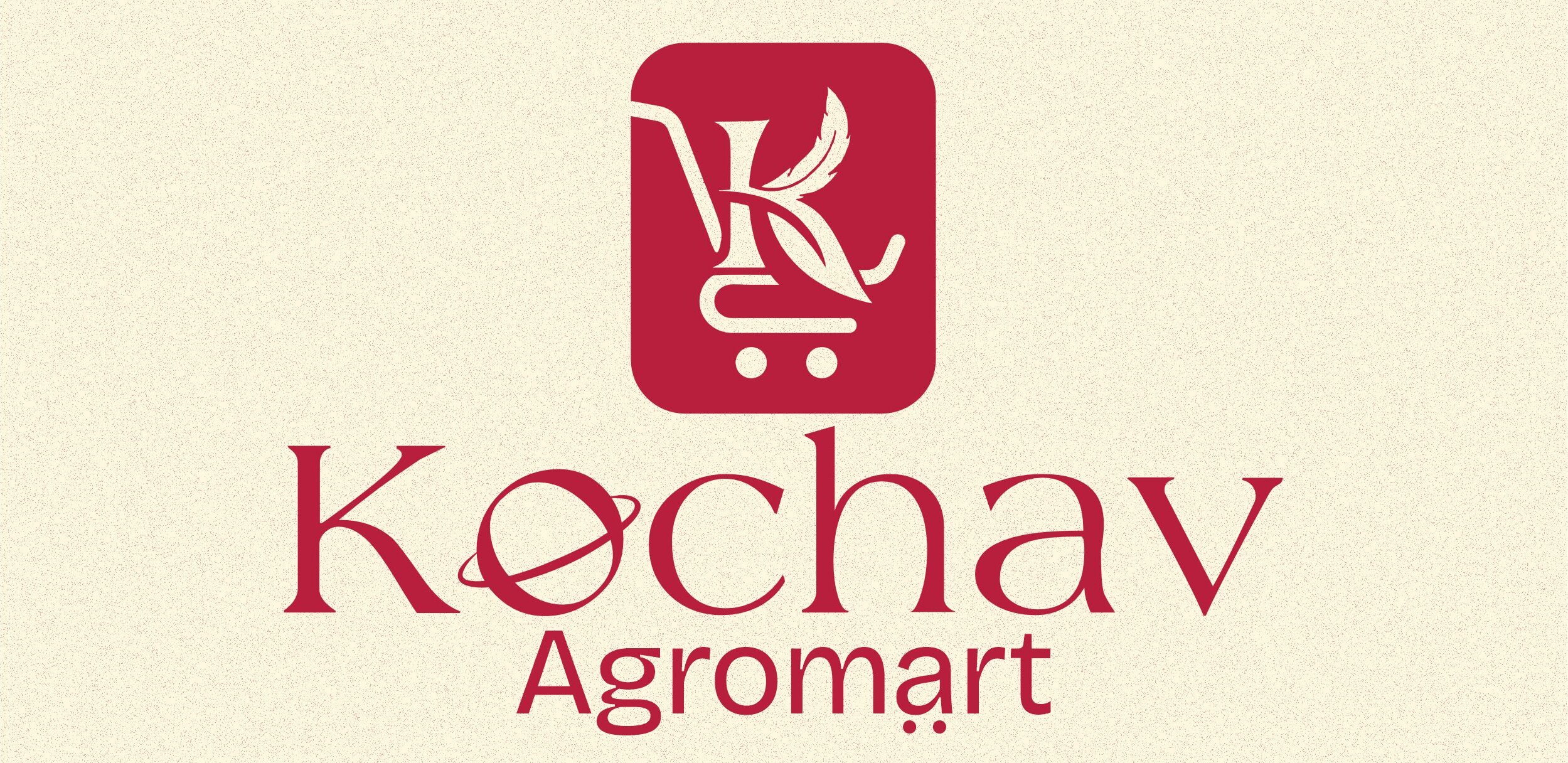Common 5 Myths and Realities About Eggs Consumption: Celebrating the Power of the Perfect Protein on World Egg Day
Written by Dr Akinloye Kazeem (09065437877)
Every year, on World Egg Day, we celebrate one of nature’s most complete and affordable sources of nutrition — the egg. Yet, despite its incredible benefits, myths surrounding egg consumption still prevent many people from fully enjoying this powerhouse food.
Let’s crack some of those myths open and reveal the real facts behind them
Myth 1: Eggs Increase Cholesterol and Are Bad for the Heart
Reality: This is perhaps the most common misconception. While eggs do contain dietary cholesterol, research has consistently shown that they have minimal impact on blood cholesterol for most people. The body naturally regulates cholesterol levels, and it’s saturated fat — not the cholesterol in eggs — that has a greater effect on heart health.
Fact: Moderate egg consumption (1–2 eggs daily) is safe for healthy individuals and can even support heart health by increasing “good” HDL cholesterol.
Myth 2: Eating Eggs Daily Is Too Much
Reality: For years, people were told to limit eggs. But science says otherwise. Eggs are nutrient-dense and provide high-quality protein, vitamins (A, D, E, B12), minerals, and antioxidants like lutein and zeaxanthin.
Fact: Regular consumption of eggs supports muscle maintenance, brain function, eye health, and immunity — all vital for daily performance.
Myth 3: Brown Eggs Are More Nutritious Than White Eggs
Reality: The color of an egg’s shell is determined by the breed of the hen, not by nutrition.
Fact: Both brown and white eggs offer the same nutrient profile — it’s the hen’s diet and living conditions that truly make the difference.
Myth 4: Eggs Cause Weight Gain
Reality: On the contrary, eggs are excellent for weight management. They are high in protein, which increases satiety and helps control appetite throughout the day.
Fact: Starting your morning with eggs can actually support a healthy metabolism and balanced diet.
Myth 5: Only the Egg White Is Healthy
Reality: While egg whites are rich in protein, the yolk contains most of the vitamins, minerals, and healthy fats. Discarding the yolk means losing essential nutrients like choline — a key nutrient for brain and liver health.
Fact: Eating the whole egg gives you the full nutritional benefit.
Why Eggs Matter for a Healthy Planet
Eggs are not just good for humans — they are sustainably produced and environmentally friendly. Compared to other animal protein sources, eggs require less water, feed, and land, making them a wholesome choice for both people and the planet.
In Summary
Eggs are nature’s nutritional treasure — affordable, versatile, and packed with goodness. This World Egg Day, let’s celebrate the truth:
Eggs are not the enemy — they are one of our best allies for health, sustainability, and nourishment.







